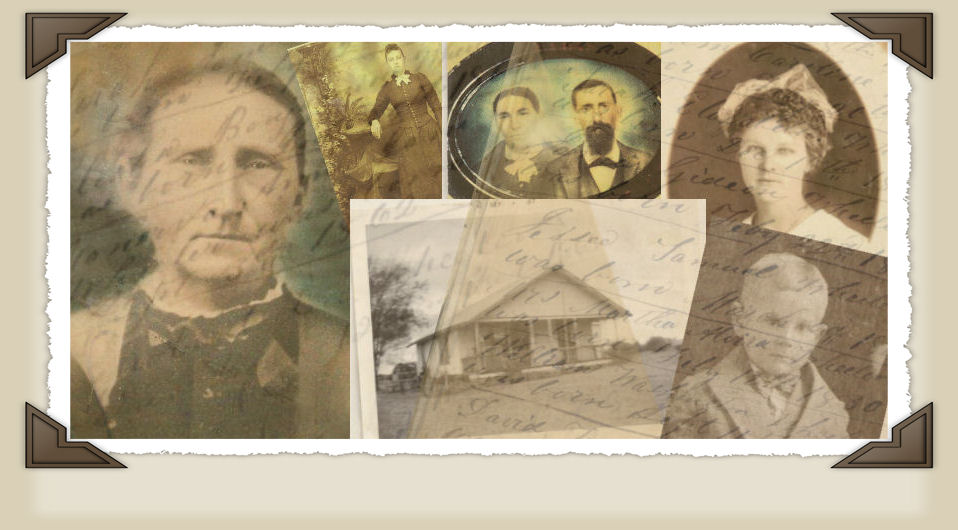The colony of Virginia continued to grow, both in population and area. Upon the ascent to the throne of the Stuart king Charles I (and ultimately Oliver Cromwell) in 1625, the Crown revoked the charter of the Virginia Company and instituted a royal charter for the Virginia Colony. The central colonial figure during this period in Virginia's history was Sir William Berkeley, who served as the royal governor. Some say Governor Berkeley's rule was extraordinary for its evenhandedness and some say he was a tyrant. He was successful in restraining the colonists' itch for more land, particularly as the encroaching settlements set the stage for Indian reprisals. However, in 1676 a group of rebellious frontier planters were convinced by the governor's cousin, Nathaniel Bacon, of the governor's lack of concern for their safety and economic well being.
Bacon soon found himself at the head of a force of 2,000 men that routed the Pamunkey Indians and ultimately took possession of all Virginia west of the Chesapeake Bay. Although Bacon died in the rebellion, it showed the limits to which the Virginia colonists would permit themselves to be ruled by a tyrant.
It was in this environment that John Wheeler grew to manhood. Nothing is known of his life except when he was mentioned in the will of Ann Lindsey, as cited in the account of his father.
John married an unknown woman about 1670.
They had the following children:
+ 3 M i John Wheeler + 4 M ii Henry Wheeler 5 M iii William Wheeler was born about 1682 in Virginia. He died after 1694 in Virginia.
He was listed on the tax rolls of Princess Anne Co., Virginia in 1694 as having 200 acres of land. Nothing more is known about him.

No comments:
Post a Comment